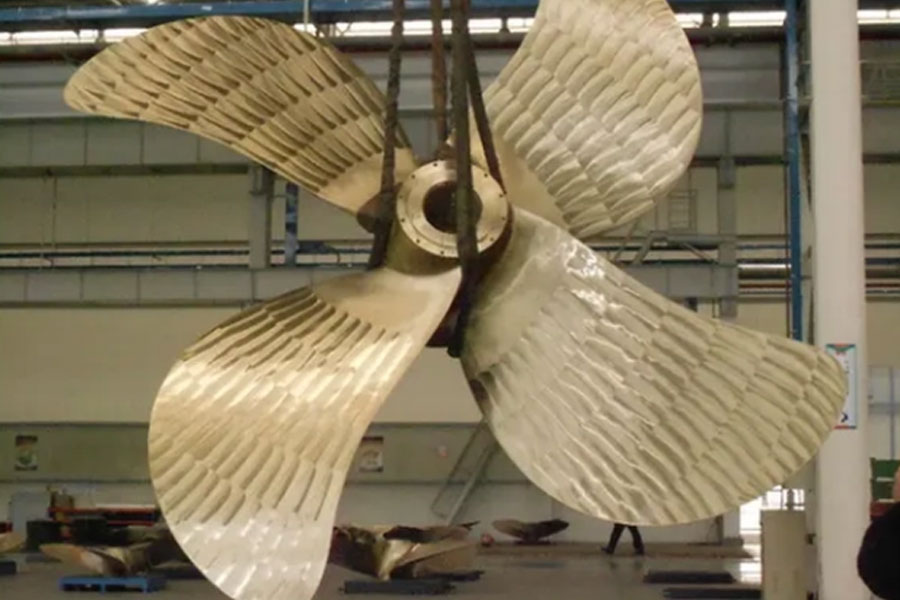
Popular materials chosen by precision machining service providers
High precision CNC precision machined parts can be made from a variety of materials, as listed below.
Aluminum.
Considered exotic in manufacturing, aluminum is probably the most widely used CNC milling material. The ability to machine faster than other materials makes aluminum a more useful material for CNC machining. Because it is lightweight, non-magnetic, corrosion-resistant and inexpensive, aluminum is widely used in the production of aircraft components, automotive parts, bicycle frames and food containers.
Stainless Steel.
Stainless steel alloys are unaffected by most stains and rusts. The material is prized for its strength and corrosion resistance and can be used for anything from surgical equipment to electronic hardware. Stainless steel is a very versatile material that is relatively light and durable, expanding its use in a variety of industries.
Carbon Steels.
Carbon steel is also one of the popular materials to consider for CNC machining. It is available in a variety of formulations from which you can choose according to the requirements of your application. This material is primarily used for CNC machining due to its durability, safety, long shelf life, affordability and environmentally friendly nature.
Brass.
Widely considered one of the simplest and most cost-effective materials for precision machining services, brass is selected for the manufacture of complex parts requiring sophisticated functionality. Easy to machine, smooth and with a clean surface, brass is used in the manufacture of medical devices, consumer products, electronic hardware and contacts, accessories, commercial products and more.
Titanium.
Titanium is heat and corrosion resistant, making it a viable option for many industrial applications. Titanium is unaffected by salt and water and is widely used in the manufacture of medical implants, aircraft components, jewelry and more.
Magnesium.
Magnesium is the lightest structural metal widely used by precision machining service providers. Magnesium has excellent machinability, strength and robustness making it well suited for multiple industrial applications.
Monel.
There is an unprecedented demand for CNC machined Monel alloy parts. It is primarily used in applications that are exposed to corrosive environments and require higher strength. There are very few CNC machining shops that specialize in Monel alloys because of the difficulty of machining and the high level of experience required.
Inconel.
It is a nickel-based high-temperature alloy that has gained popularity in recent years due to its many beneficial properties. Inconel parts are suitable for environments where they may suffer from water corrosion or oxidation. It is also very suitable for applications where parts may be subjected to extreme stress and heat.
In addition to the materials listed above, there are several materials that are compatible with precision CNC machining processes. These include cemented carbide, tungsten, palladium, Inva alloy, nickel, niobium, alloy steel, beryllium, cobalt, iridium and molybdenum. It is important to select the right material after considering the application areas it will be used in, other machining activities, etc. Choosing the right material from multiple options is critical, as it determines the success of the application.



